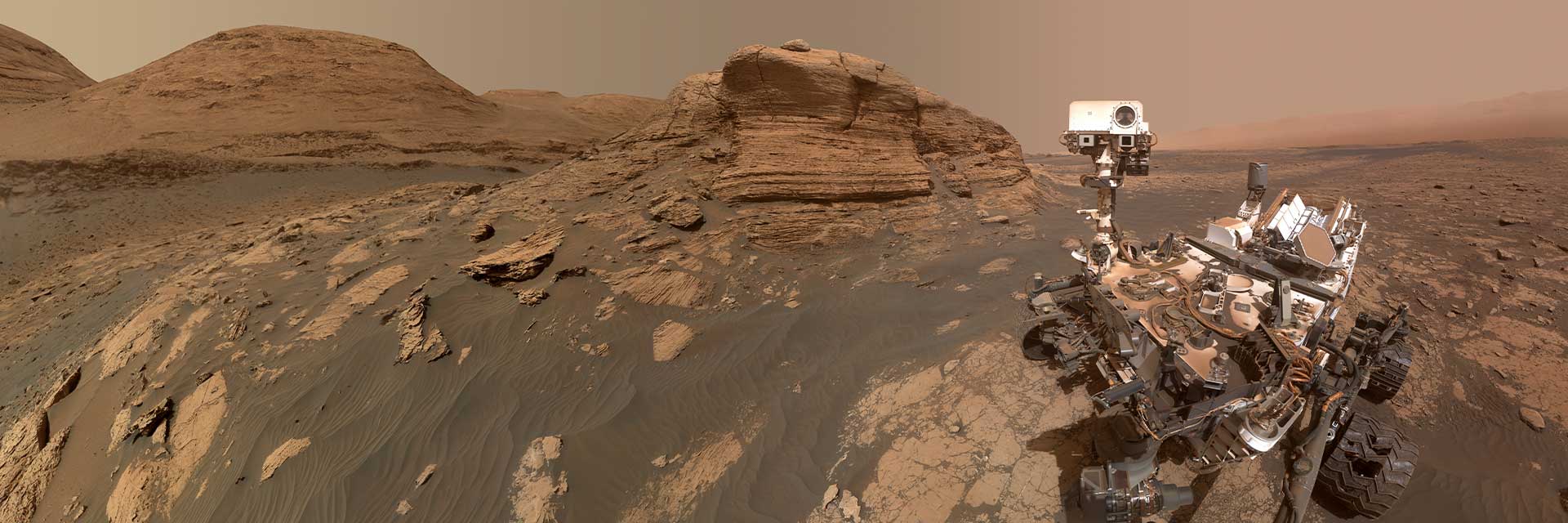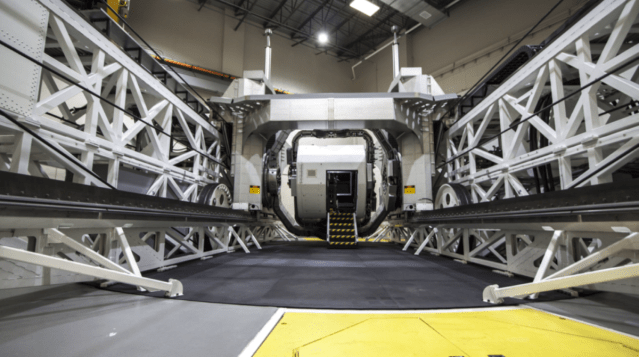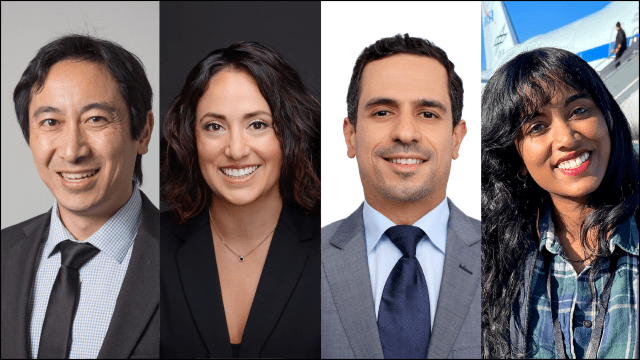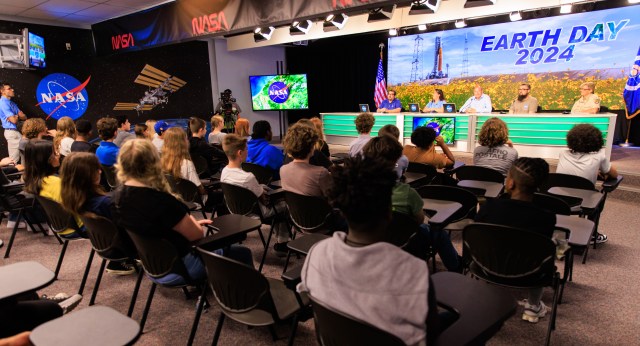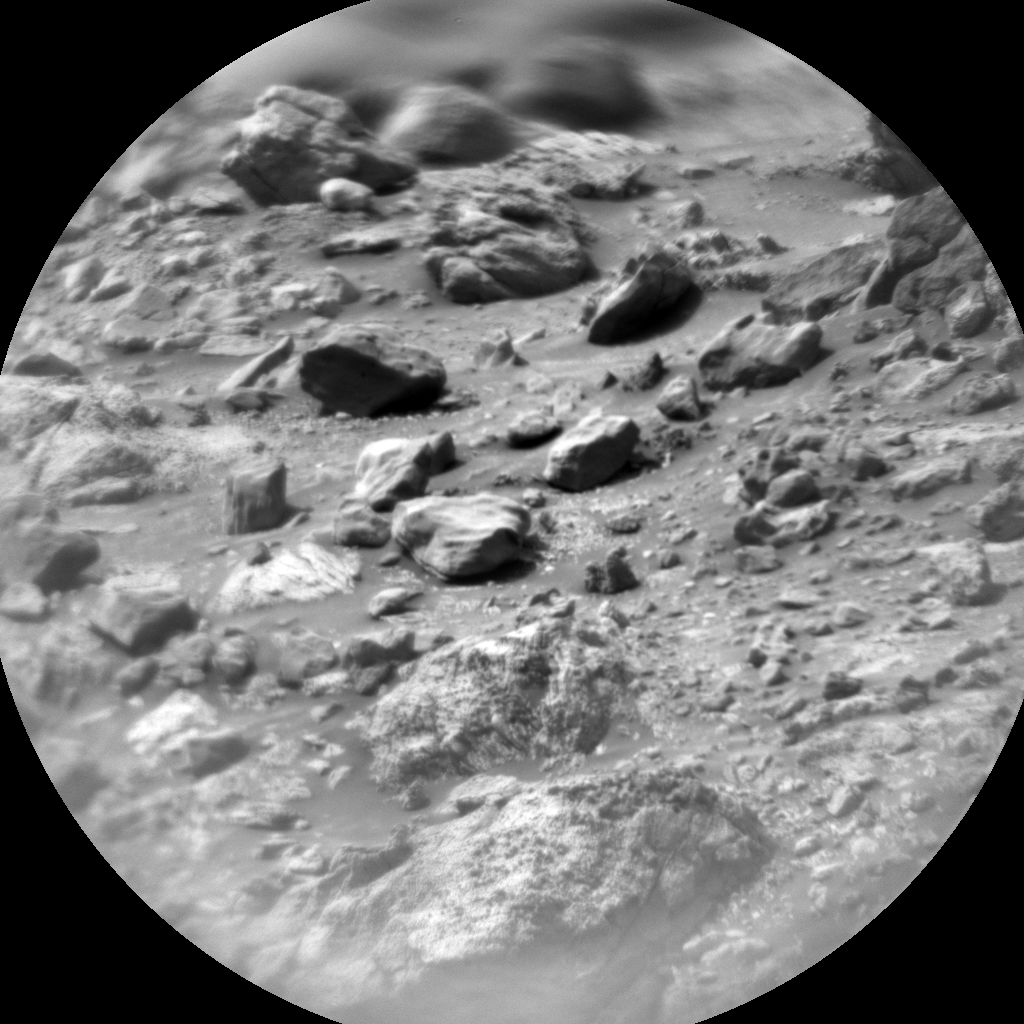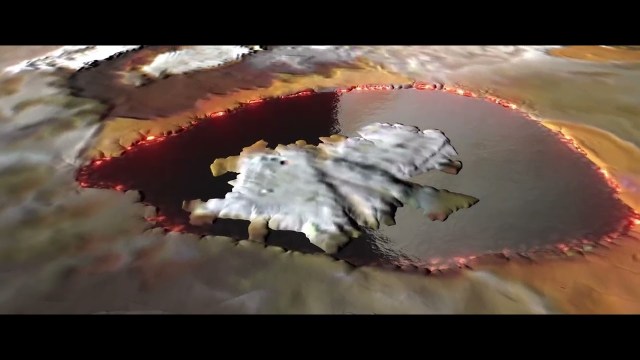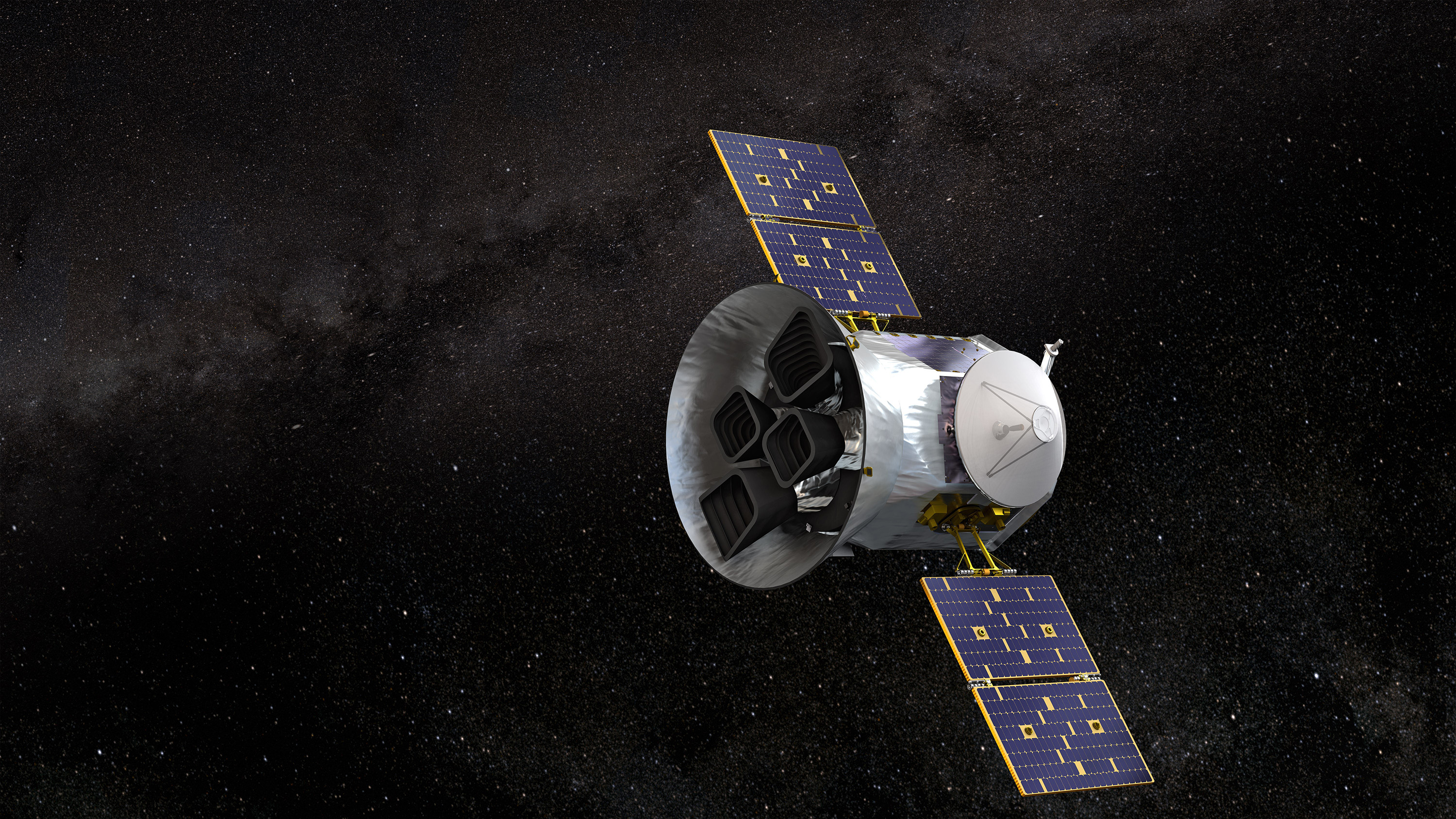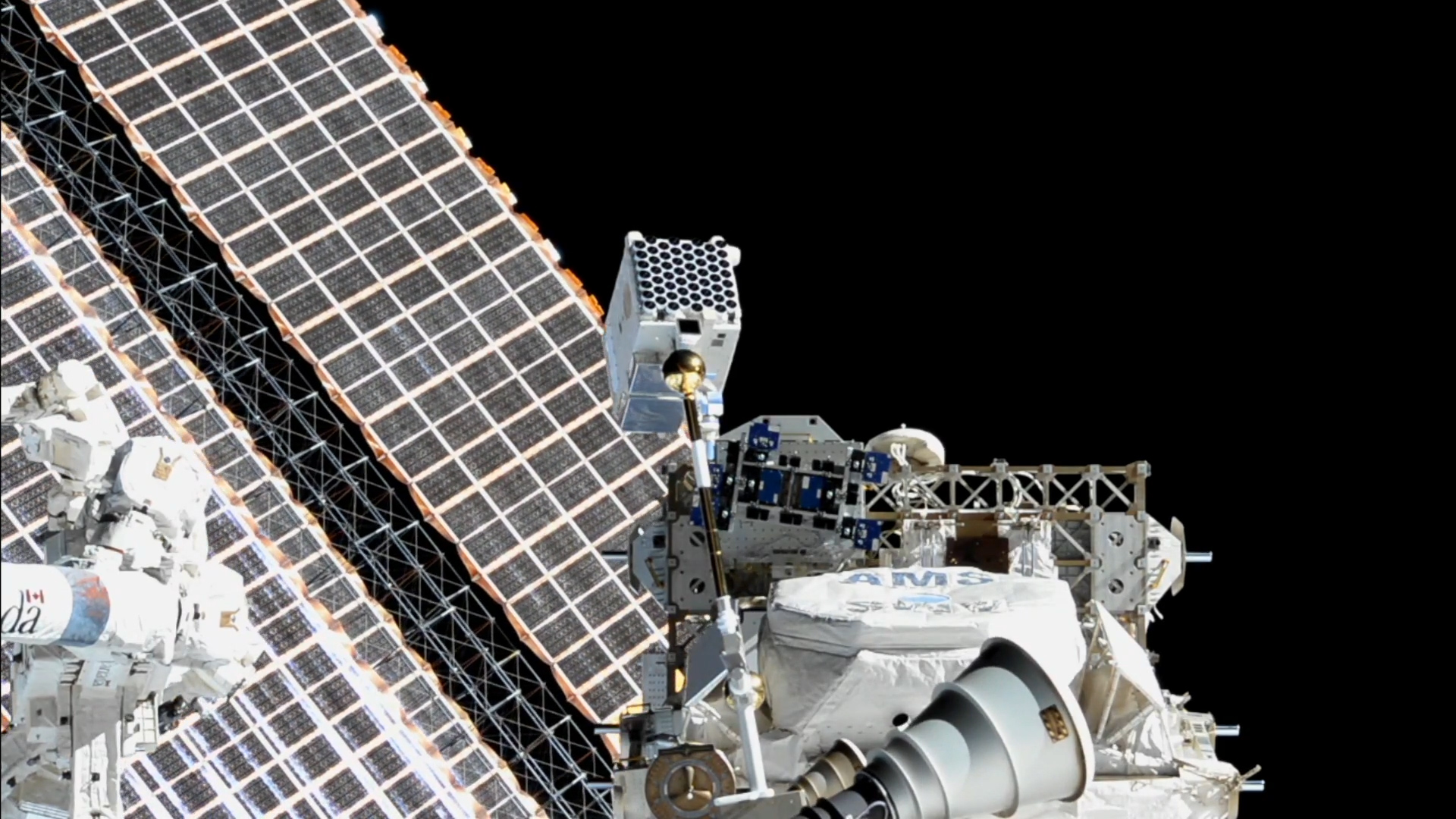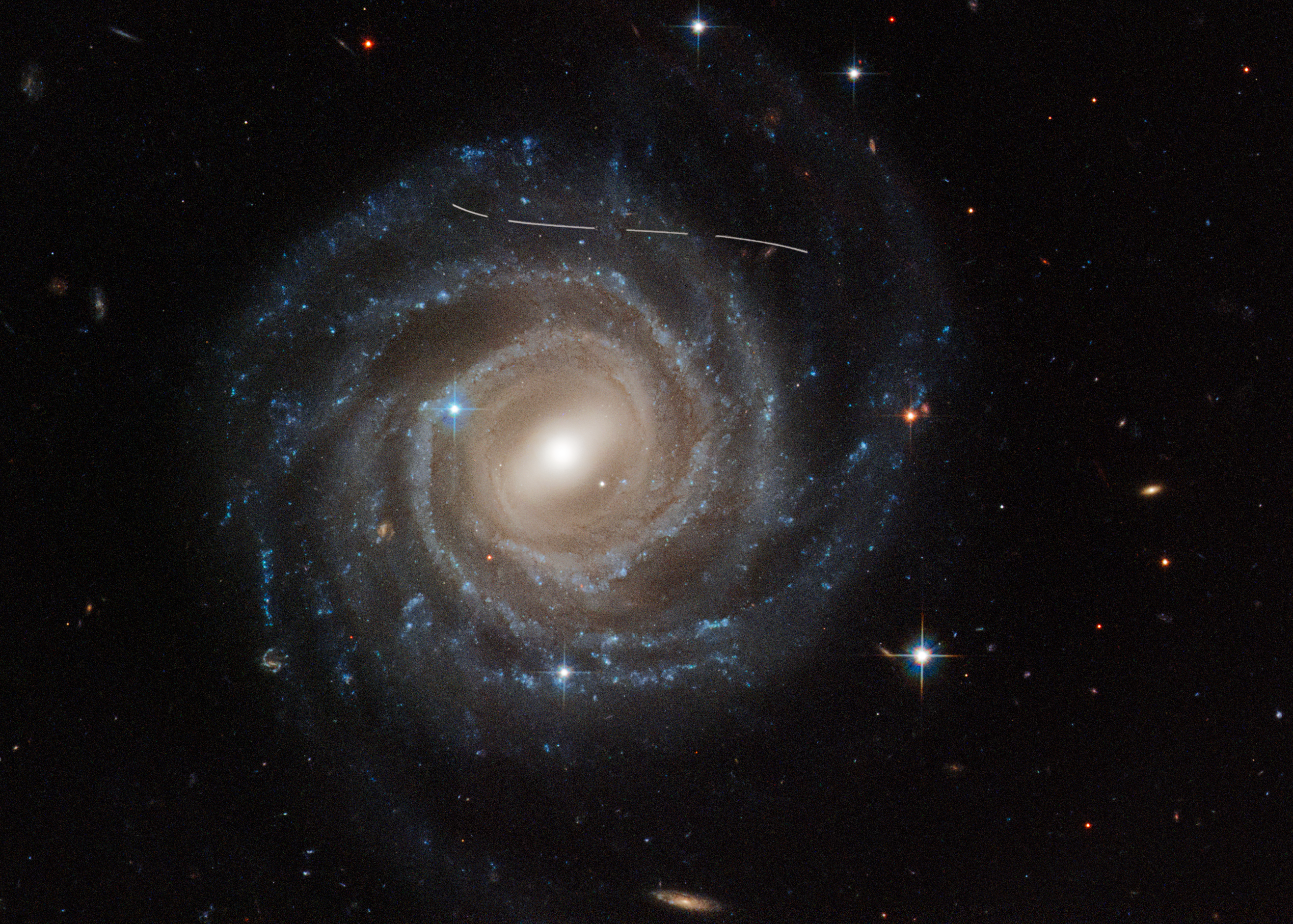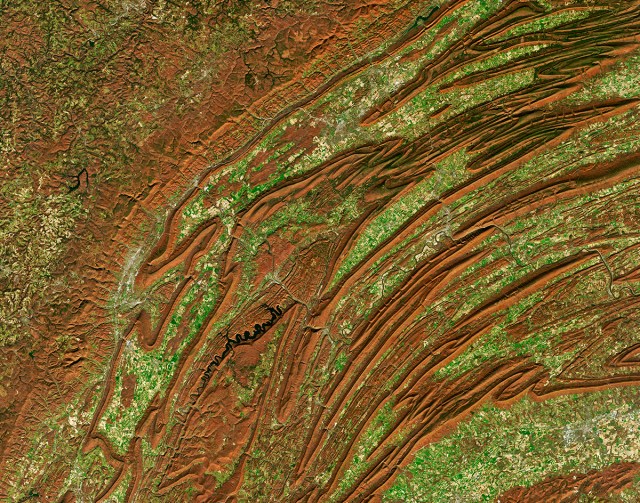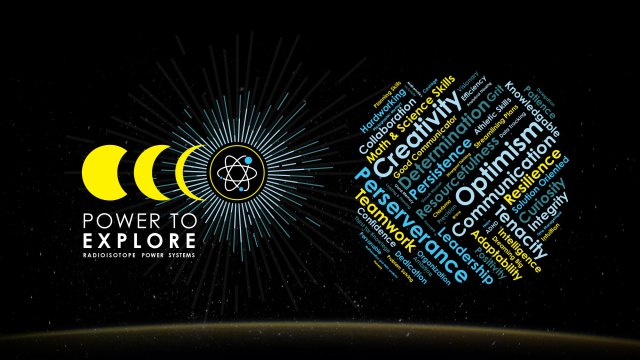NASA’s Marshall Space Flight Center in Huntsville, Alabama, is preparing for the NASA Human Exploration Rover Challenge, in which student teams — as many as 100 of them from around the world — will converge on the U.S. Space & Rocket Center in Huntsville April 13-14 to pit lightweight vehicles of their own design against a series of tasks echoing science and engineering challenges facing future planetary explorers.
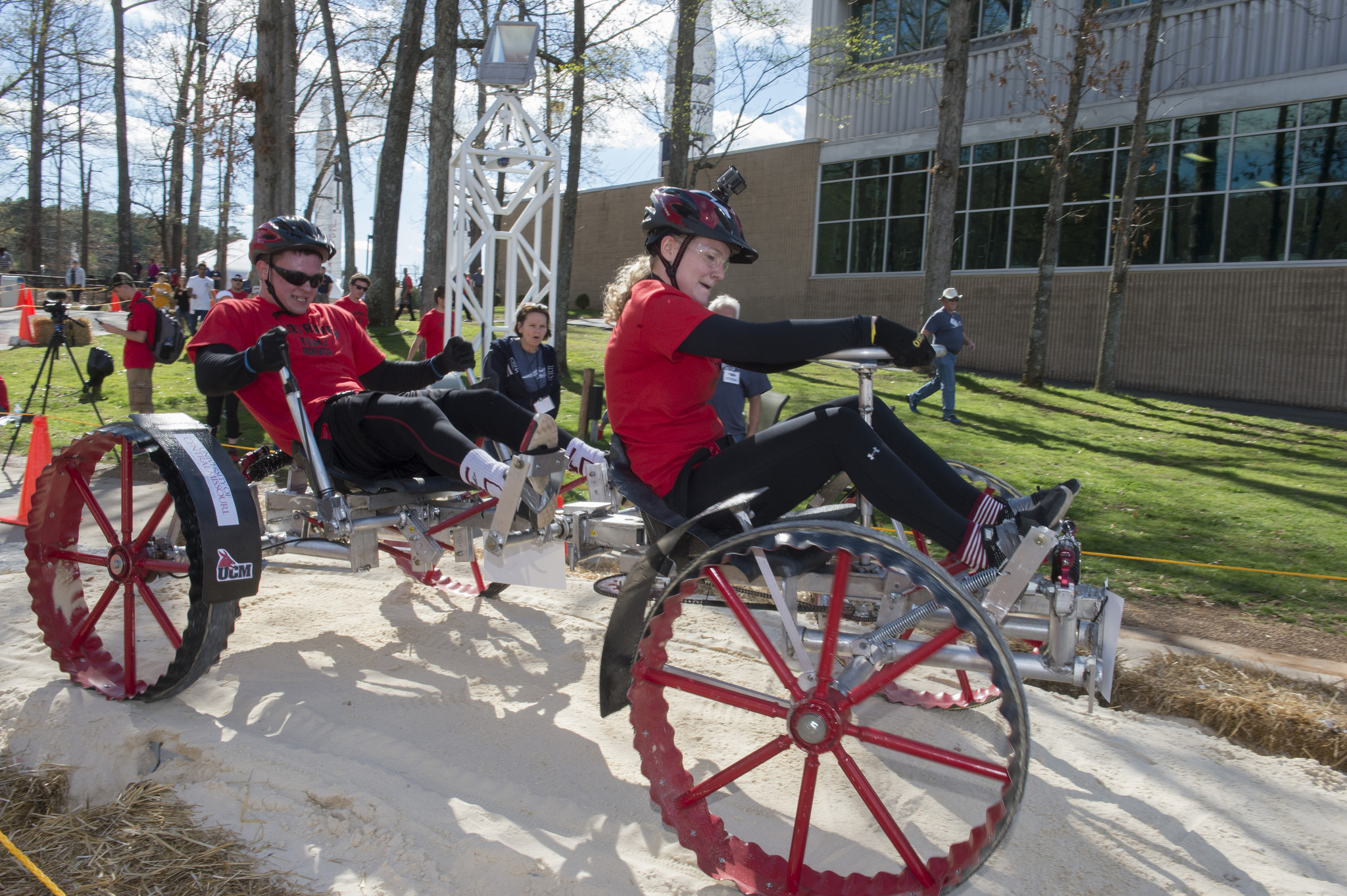
On April 13, organizers also will welcome some 30 American educators with no previous “rovernaut” experience. They’re participants in NASA’s Rover Challenge Workshop, seeking to excite their pupils back home at minority-serving institutions and other schools about the competition — and potentially inspiring students to pursue career opportunities in engineering, science and space exploration.
“Our goal is to show off the competition firsthand to educators who’ve demonstrated an interest in participating,” said Mona Miller, Rover Challenge project manager at Marshall. “Bringing them out to experience all that energy and exhilaration is a great way to show them the payoff for the long hours of development, construction and testing that their students and faculty advisors will undertake.”
It’s an exhilarating proposition indeed. High schools compete in one division, colleges and universities in another, taking on the 24-year-old competition’s carefully designed, grueling half-mile course, which includes new obstacles and challenges for 2018.
They begin in the fall, designing and building human-powered rovers to be piloted by one male and one female driver, and similar in form and function to machines that could support missions to planets and other destinations across the solar system. Each team will have six minutes to tackle 14 obstacles, such as sand traps and rocky “extraterrestrial” terrain, and five tasks new in 2018 — from flag-planting and photographic analysis to sample retrieval and deployment of a science instrument. Then drivers have one final minute to reach home base before their simulated on-board oxygen supply runs out. If they exceed the seven-minute time limit, all points are lost.
As teams compete, educators taking part in the Rover Challenge workshop will mingle with veteran competitors and event planners, discussing rover construction techniques, competition rules and other aspects of the challenge.
But Miller is most excited for them to witness the event itself. Marshall organized similar introductory workshops in 2016 and 2017, she said, but both were held independently of the actual competition. “Bringing workshop participants here to ‘Rocket City’ to watch the Rover Challenge firsthand is going to be crucial,” she said. “We believe it will inspire them to participate next year, and that it will help ensure that new ranks of dreamers and doers become passionate about aerospace careers.”
The competition, she noted, is designed to do just that — addressing practical engineering problems much like those faced by NASA workers preparing for space exploration missions.
“The competition teaches students to troubleshoot and solve problems the way NASA teams do,” she said. “We’ve changed the whole nature of the event this year. It’s no longer just a timed race. Now it’s a matter of strategy. Students must analyze the course and decide which challenges to tackle to accrue points, leaving enough time to complete their journey, beat the countdown and achieve mission success.”
The one-day Rover Challenge workshop is sponsored by NASA Headquarters in Washington, which will cover expenses for a designated faculty advisor and an administrator from each institution. The competition itself is organized by Marshall’s Academic Affairs Office and sponsored by the Human Exploration and Operations Mission Directorate at NASA Headquarters. The U.S. Space & Rocket Center, Marshall’s official visitor center, hosts the competition each year.
To learn more about the NASA Human Exploration Rover Challenge or to inquire about future workshops for interested newcomers, visit:




